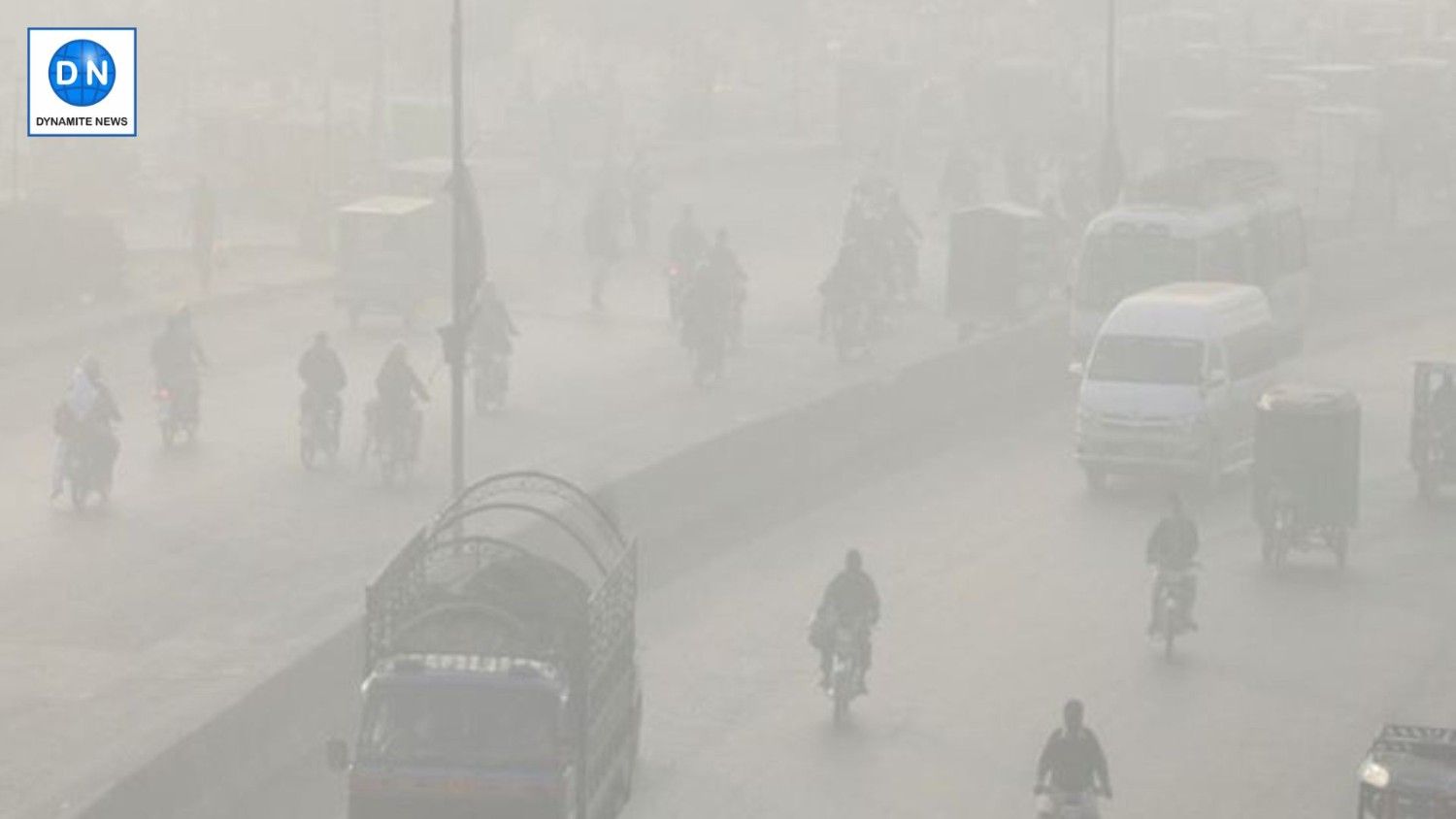
Lahore: Lahore has retained its position as the world's most polluted city, with hazardous air quality readings posing a significant threat to public health.
According to recent data, the city's air quality reading stands at 303 points, indicating extremely poor air quality, ARY News reported.
The air quality in other major cities in Pakistan is also a cause for concern.
Multan's air quality reading is 268 points, while Peshawar and Karachi have readings of 230 and 215 points, respectively. These readings indicate hazardous air quality, which can have serious health implications for residents.
Also Read |
Umar Akmal hopes his return to Test side after five-and-half years
The onset of winter has led to a significant increase in air pollutant levels in Punjab, with the province struggling to contain severe air pollution. The levels of pollutants in the air have reached alarming levels, exceeding the limits deemed safe by the World Health Organization, as per ARY News.
Lahore, the provincial capital, has been particularly affected, with a thick smog enveloping the city for days. The pollution is caused by a combination of factors, including vehicle emissions, smoke from burning crops, and cold weather, making it difficult for people to breathe.
Notably, health experts have raised alarms over the long-term effects of such unprecedented pollution levels, particularly on vulnerable populations.
Before this crisis, air pollution was responsible for 12 per cent of deaths in children under five in Pakistan, The Express Tribune reported.
Also Read |
Eight killed, sixteen injured in Lahore blast
With the current smog emergency, these numbers are likely to rise sharply.
Children, pregnant women, and individuals with pre-existing health conditions are expected to bear the brunt of the health consequences, which could have devastating impacts in the coming years if corrective measures are not urgently implemented.
The government has taken measures to mitigate its impact. Schools have been closed, and the timing of eateries, businesses, and markets has been restricted to minimise the exposure of the general public to toxic pollution. (with Agency inputs)







